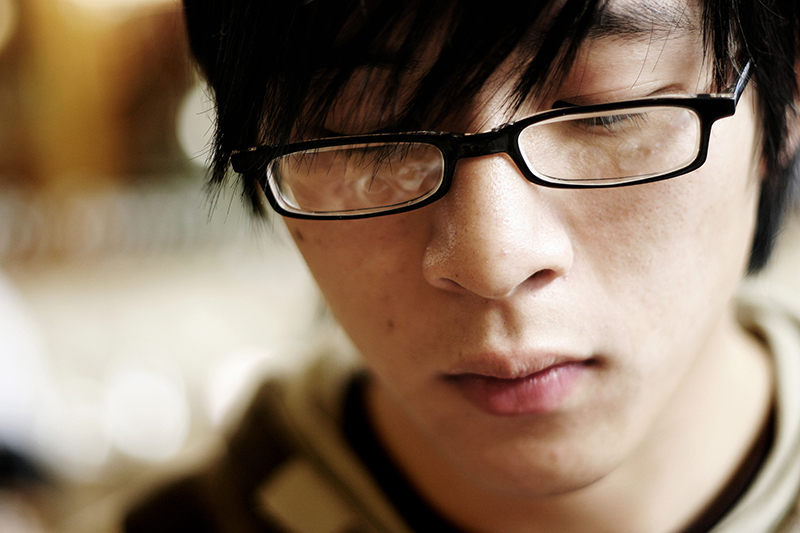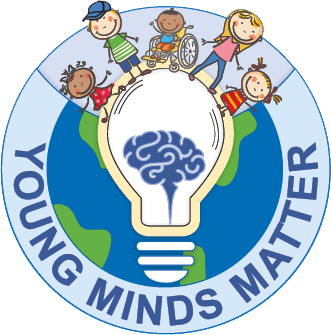Low mood and depression
Most young people experience ups and downs during their teenage years and occasionally will feel down or upset by certain things going on in their lives. But some young people feel sad, lonely, down, and anxious or stressed for longer periods of time to the extent that it can affect their everyday lives and can prevent that young person from doing things they would normally do.
What is the difference between low mood and depression?
 A general low mood can include:
A general low mood can include:
- Sadness
- An anxious feeling
- Worry
- Tiredness
- Low self-esteem
- Frustration
- Anger
A low mood will tend to improve after a short time. Making some small changes in your life, such as resolving a difficult situation or talking about your problems and getting more sleep, can improve your mood.
A low mood that doesn’t go away is known as depression. Many difficult events and experiences can leave us in low spirits or cause depression: family problems, bullying, pressures from school, bereavement, illness, and pain being just a few.
Symptoms of depression:
- Not wanting to do things that you previously enjoyed,
- Not wanting to meet up with friends or avoiding situations
- Sleeping more or less than normal
- Eating more or less than normal
- Feeling irritable, upset, miserable or lonely
- Being self-critical
- Feeling hopeless
- Maybe wanting to self-harm
- Feeling tired and not having any energy.
Coping with depression
The most important thing you can do if you think you are feeling depressed is talk to someone. This could be your parents, a sibling, friend, teacher, GP but often talking about how you are feeling can really help you to feel better. People who care about you will want to help you to feel better so don’t feel worried about talking to people.
How can we help you?
Here at Young Minds Matter there is a range of treatments to help cope with your low mood or depression. Our first offer to you will be for a Low Mood Skills Course which runs for 8 sessions, where you can learn skills to help cope with challenging those negative thoughts and replace them with positivity.
You will be given new information booklets every week, full of tips and tasks for you to try and help with you feeling low or sad. You will also meet people in your age group who have similar worries, but don’t worry, you don’t have to answer any personal questions or share anything about yourself if you don’t want to, this group is to help teach you skills and challenge those worrying thoughts.
If you still need support after the skills course, there is a possibility that you could have a few sessions with one of our Young Minds Matters practitioners, who are people trained to help you challenge those worrying thoughts when it feels too much to do alone.
There is always support available, it’s about finding the right support that fits you and your needs.


